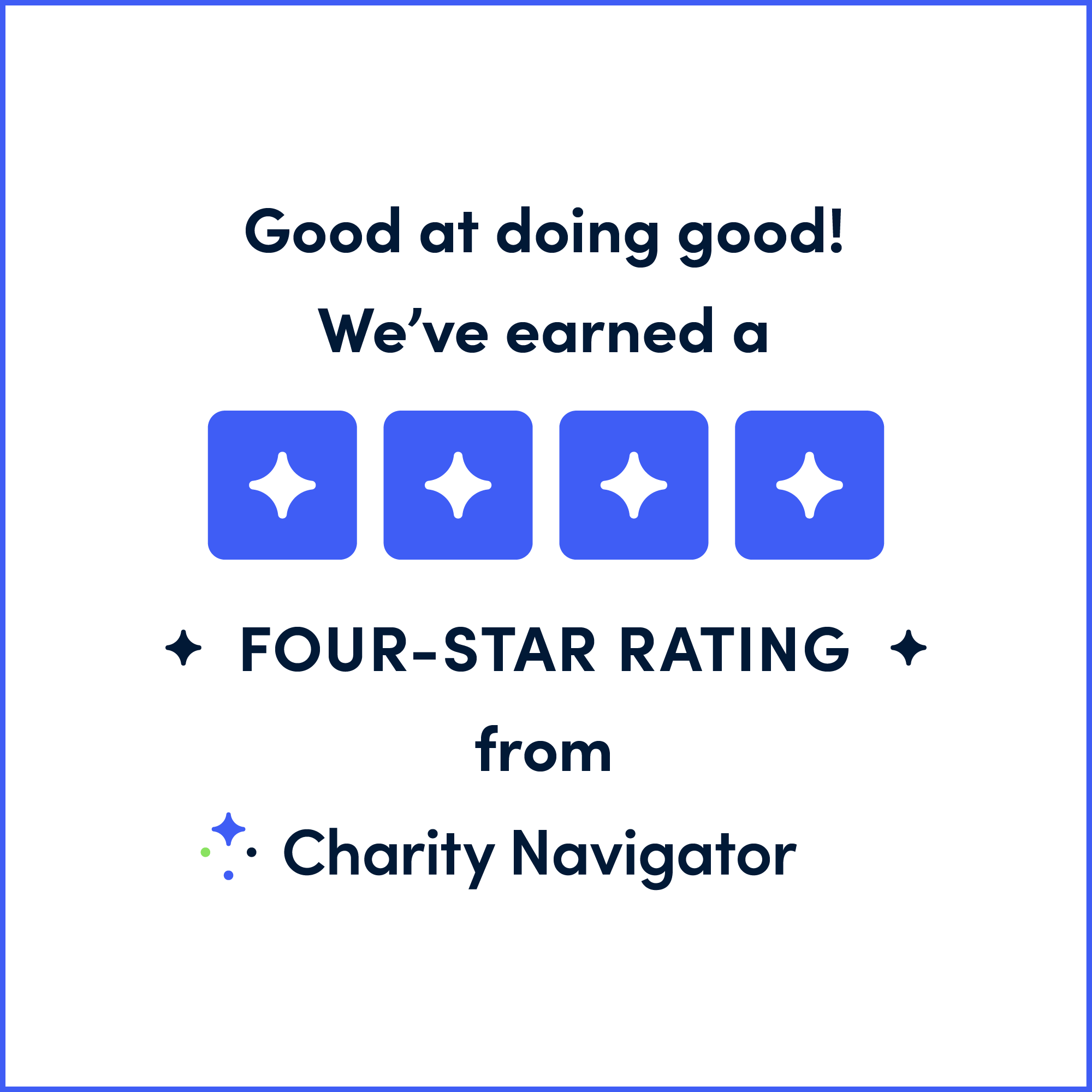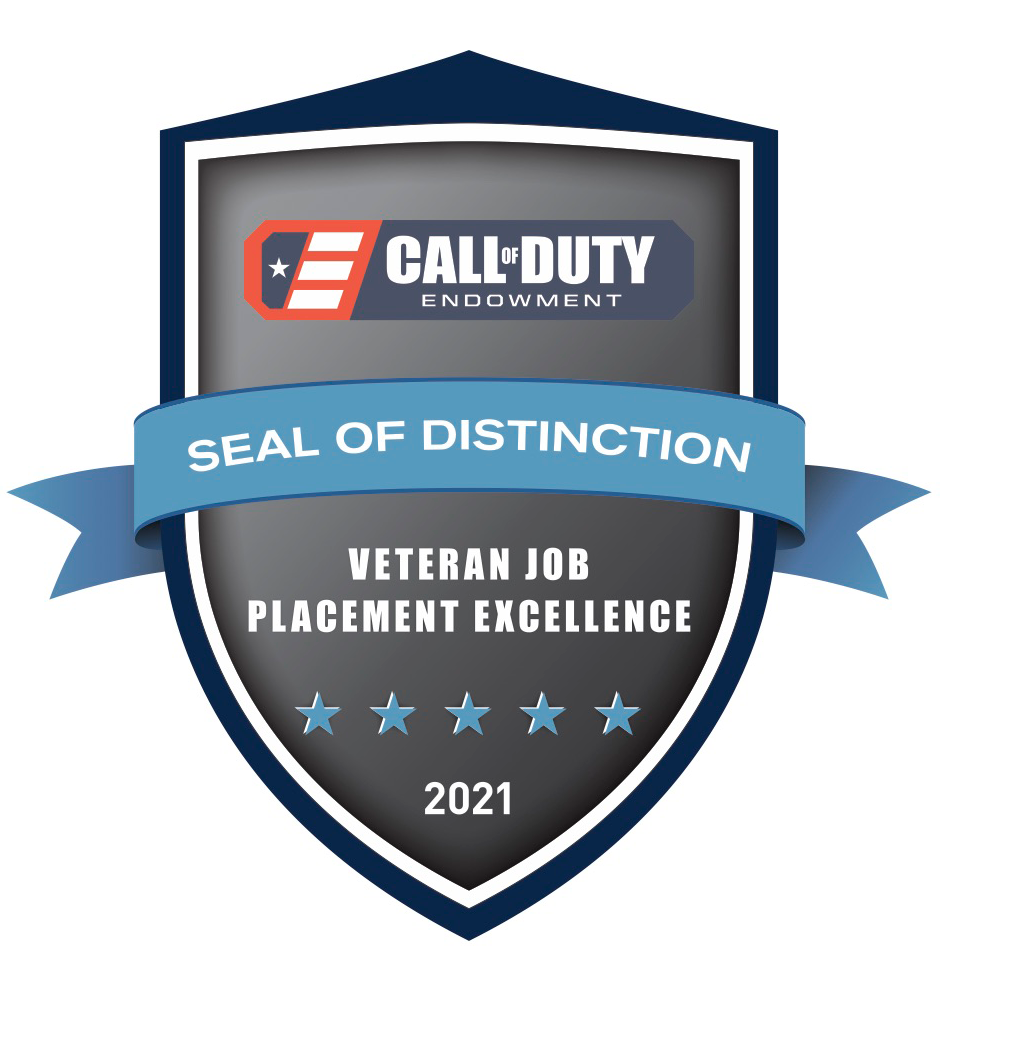Finding a Career After Retiring from the Military
Printable Version of this Article

Retiring from the military and finding a career for your post-military life can be daunting. For the past 20-plus years you have focused mainly on working in a team to accomplish a military mission. Now you are on your own as you retire from the military. But with the same planning and resourcefulness that you used during your military career, you will be able to find a career after retiring from the military.
Brian Henry, senior vice president of operations for Orion International, the nation’s largest military recruiting firm, offers career advice to service members who are retiring from the military. Henry, a U.S. Marine Corps veteran himself, knows firsthand what it is like to leave the “known” and search for a new career. Here are several excellent suggestions from Henry to help ease your military transition:
Treat your career search like a military mission:
Numerous variables factor into your transition. Henry says that when you are retiring from the military, you should “go on a fact-finding mission to explore what you want to do.” A little research and planning goes a long way in finding a career, much like forward mission planning in the military.
“Ask yourself what your drivers are,” he says. “What type of lifestyle would you like? Do you want to travel for your job? What type of industry do you want to work in? Is there a geographic location that you prefer? Based on these drivers, you can eliminate things you do not want to do or places where you do not want to live and then begin to narrow down your ideal career.”
Identify your gaps:
“After you have identified your drivers, look at your limiting factors needed to achieve your ideal career,” says Henry. What gaps do you need to fill in order to get there? Do the type of jobs you are looking at require specific education or certifications that you do not have? What technical skills are required for those jobs? Do your skills match the skills listed in job descriptions for the types of jobs you are targeting?
Identify any gaps that you may have and develop a plan to fill in those gaps before you retire from the military.
Do you want a position that is directly related to the government or a Defense contractor? If so, according to Henry, your military experience may be more likely to get you hired into a similar position.
Or do you want to break into a different career field altogether? If that is the case, this becomes a significantly different job search and you will have to try to connect similarities from your military experience to close the gap.
You may be limited to the types of jobs that you can step right into with the same salary you were receiving in the military. In this instance, treat this transition as gaining another 20-year career. Your goal is to “gain experience to leverage future opportunities.” Henry suggests going into a different career field with a “willing to” mindset and a focus on broadening your skill set.
Develop a 5-10 year growth plan and strive to become known inside the company for possible promotion. “Recognize that your first job out of the military may not be your dream job, especially if you are changing careers, but use this as a steppingstone to fill in the gaps for future opportunities.”
Grasp the latest technology and brush up your social media profiles:
Henry suggests getting a Gmail email address for your job search. “Create a professional email address with your name in it,” he states, “and use it only for your job search.”
Nothing screams outdated if you are using an older email platform and include dates such as 1955 in your email address. He also recommends using folders in Gmail to maintain a central flow of information. “Gmail is a great way to organize your job search and set reminders on your calendar.”
Henry says it is also imperative to get on LinkedIn. Create a profile with a professional picture. Fill out each section of your profile and craft a compelling headline. But beyond that, “make it clear that you are transitioning and what you want to do,” says Henry.
Don’t just complete your profile and set it and forget it. Use this technology to connect with people inside organizations that you’d like to work for. Henry suggests completing your LinkedIn profile a few years before you are retiring from the military so that you do not have to build your profile and connections from scratch. “Connections are a must,” he says. “LinkedIn is one of the best ways to leverage your network. Connect with former service members and leverage the veteran community as well.”
A few months prior to retiring from the military is also a great time for you to assess your social media profiles.
Double-check the settings as well as any pictures and information that hiring managers may see. Make sure your social media profiles remain professional. Social media platforms are always changing, so review your profiles to see if there are any new sections that you can fill out.
For example, Facebook now has a professional skills section, which may not have been there the last time you filled out your profile. Utilize this section!
Leverage your resources and your network:
“Leveraging the veteran community and associated resources is one of the best ways for you to find a career after retiring from the military,” says Henry.
As someone who is retiring from the military, you have access to resources that are specifically tailored to service members. Our Transition Readiness Quiz is a great place to start.
In addition to reaching out to your LinkedIn connections, there are a variety of ways for you to leverage your network. Work with recruiters, like Orion International, who understand the military lifestyle and can help you achieve a successful transition. Set up informational interviews with prior service members to understand the civilian work culture. Attend military-focused job fairs to meet Military Friendly Employers and tap into the minds of hiring managers. Get a mentor or join a mentorship program, such as American Corporate Partners, to gain incredible insight into the civilian world.
If you still need career search help as you are retiring from the military, read Get a Job You’ll Love in 90 Days to discover how to find your passion and the best possible job for you.











